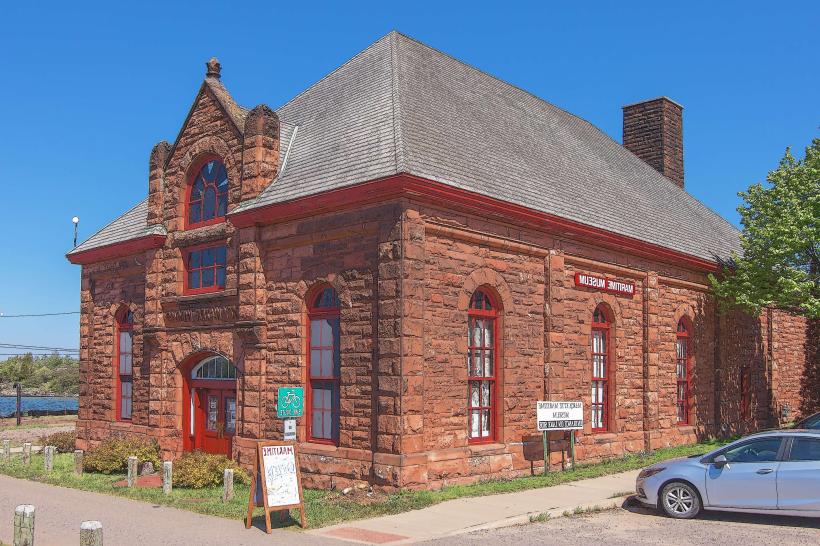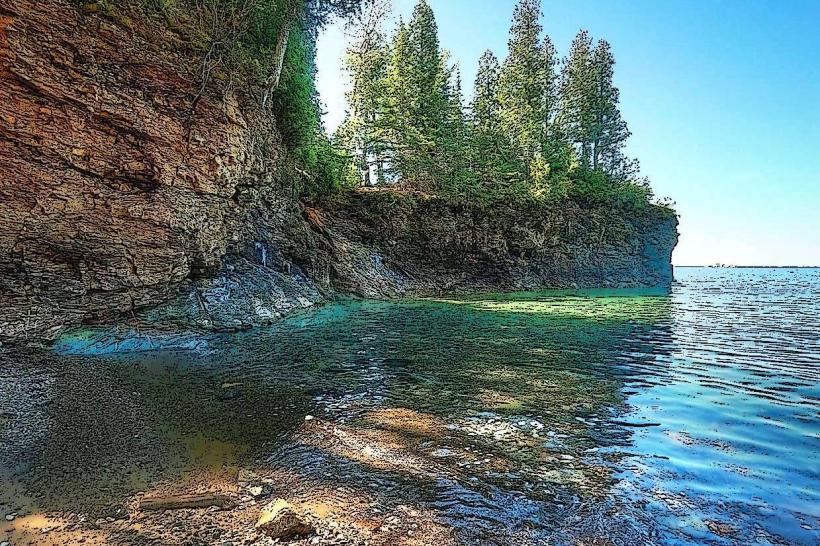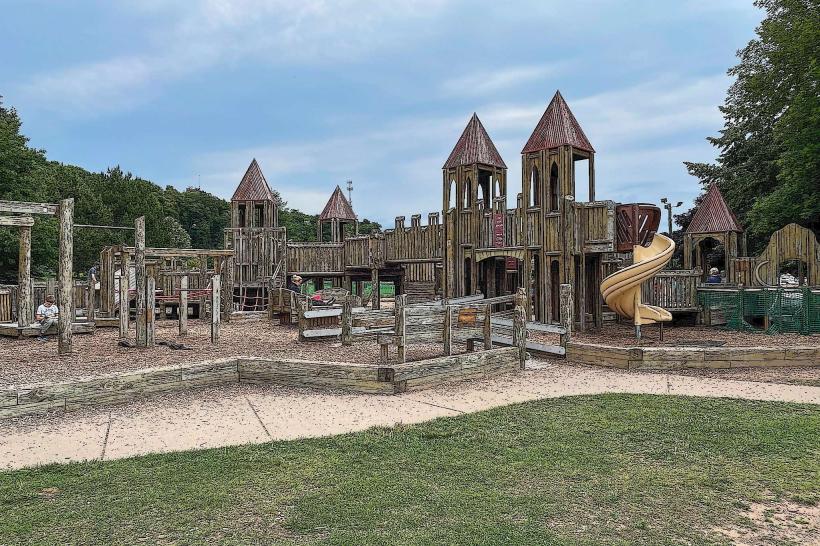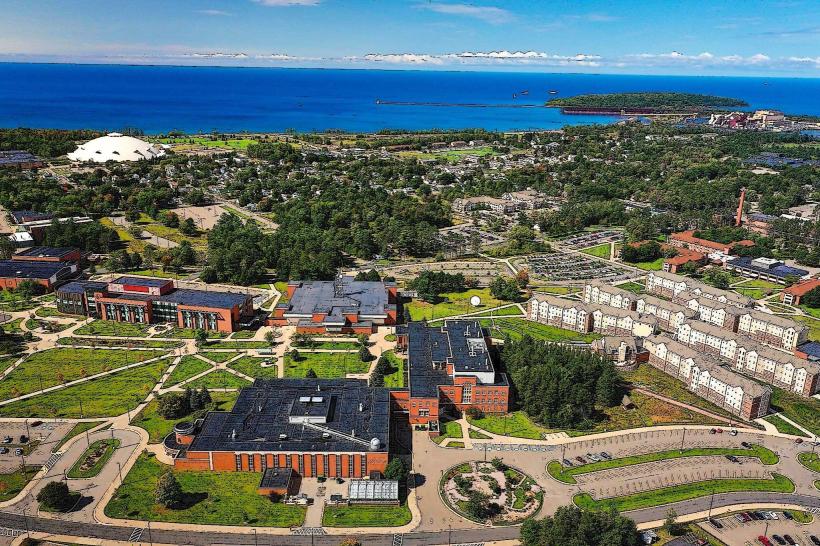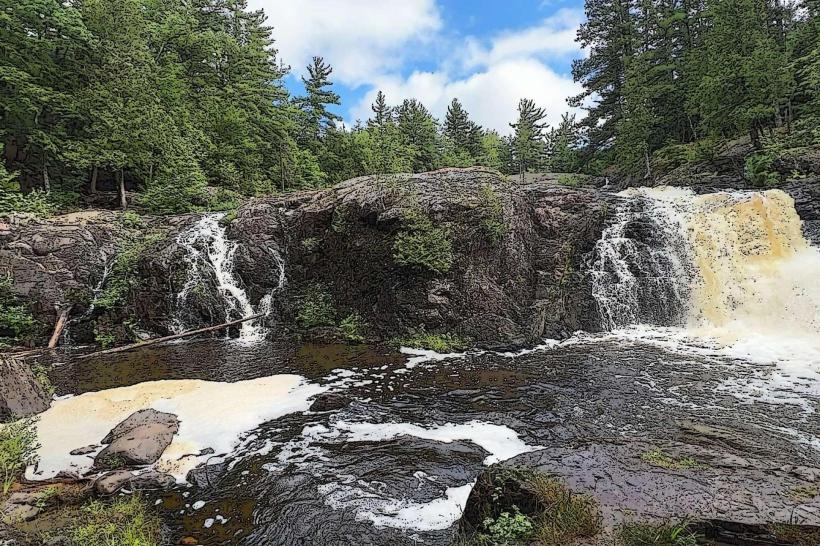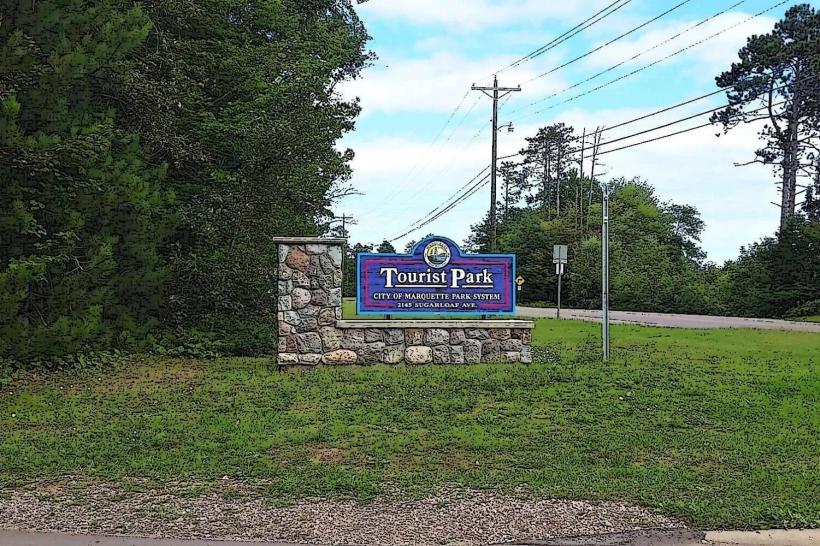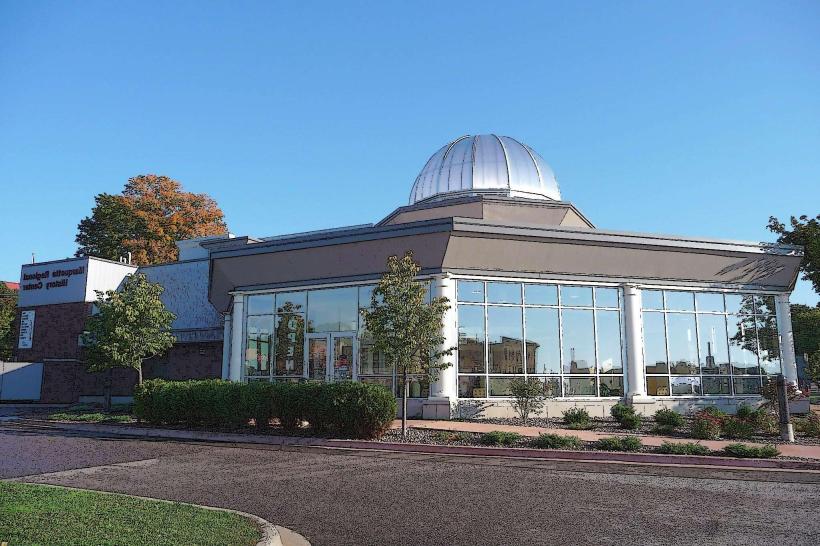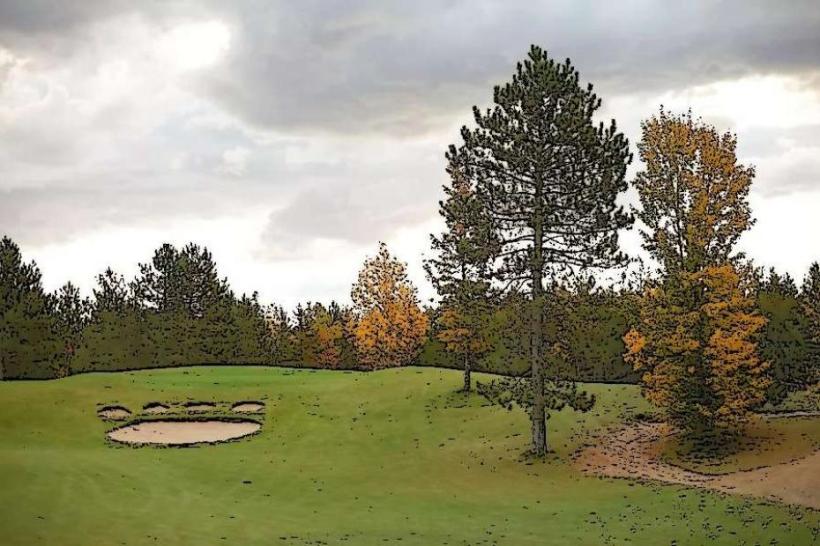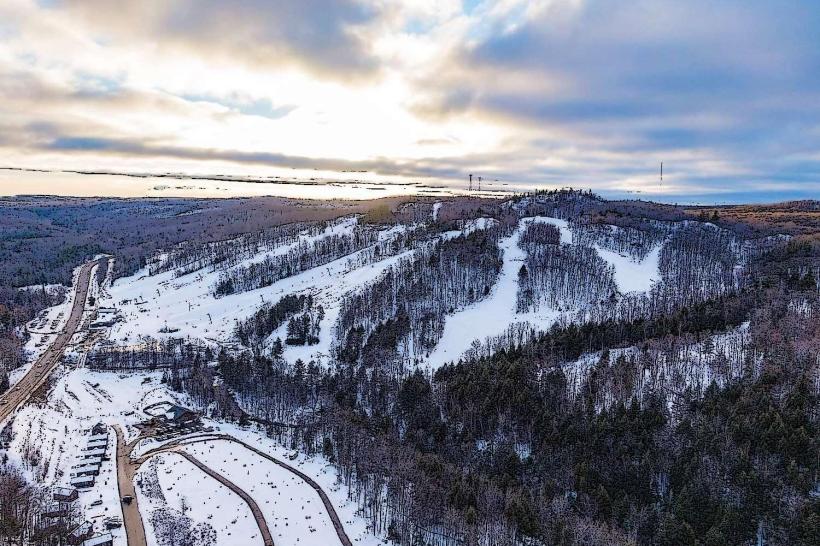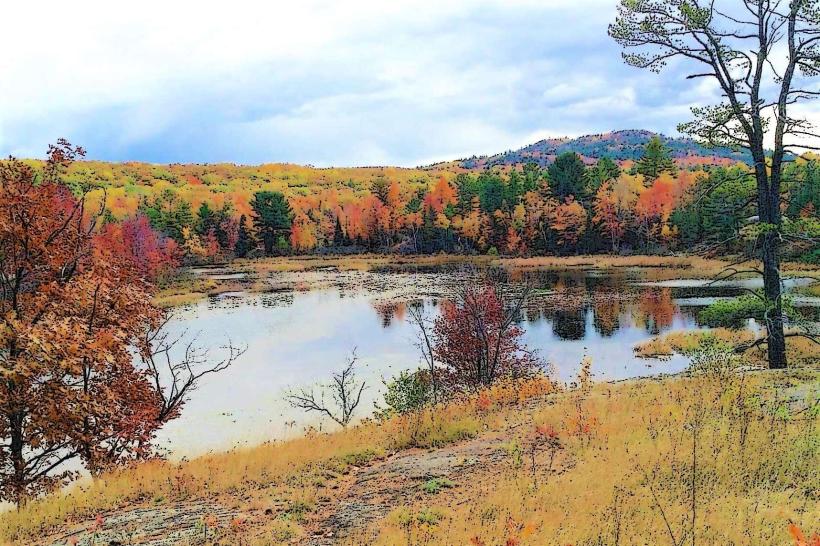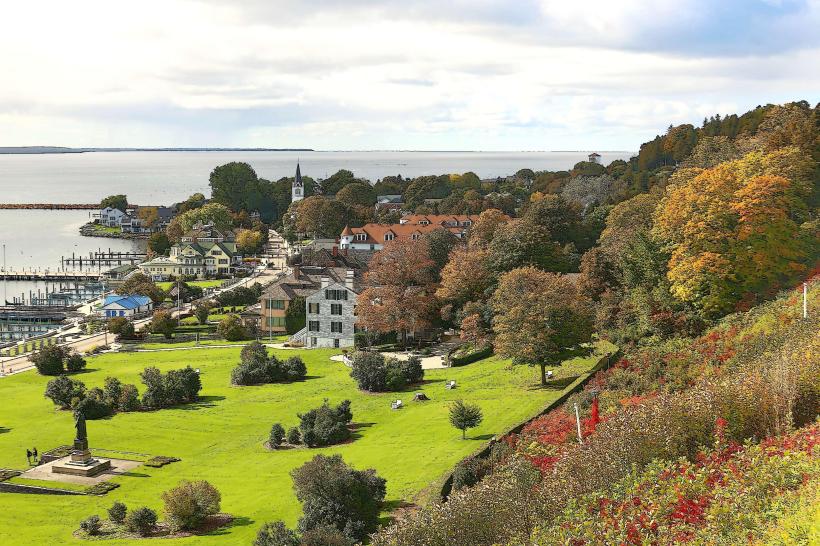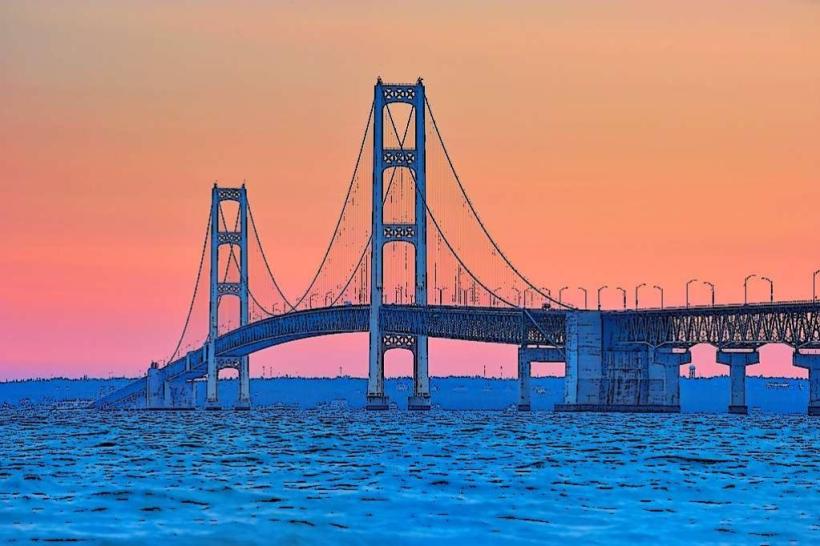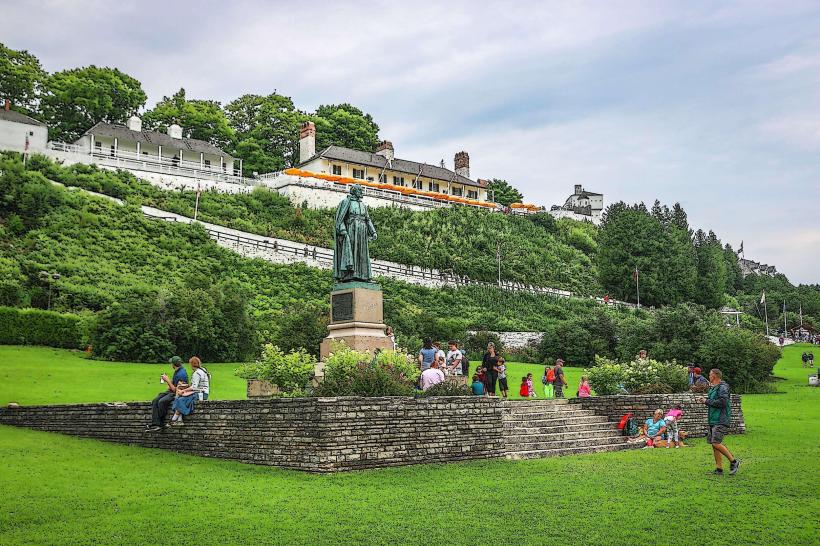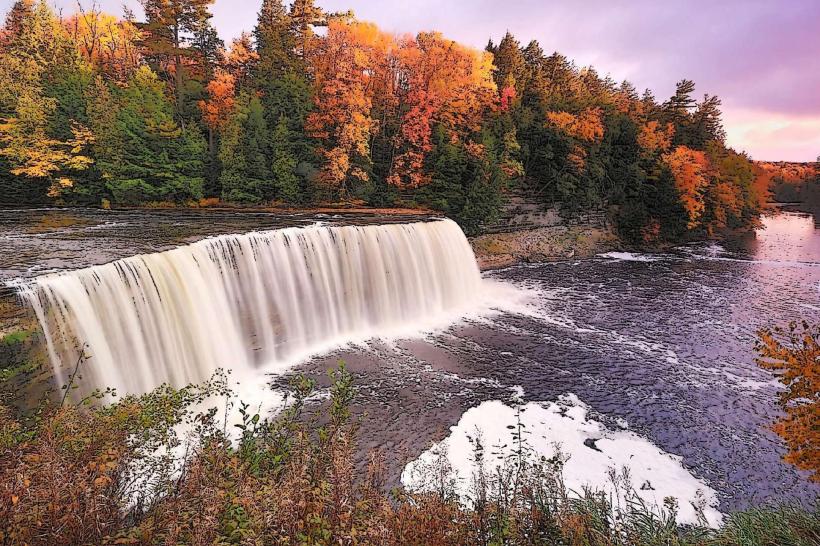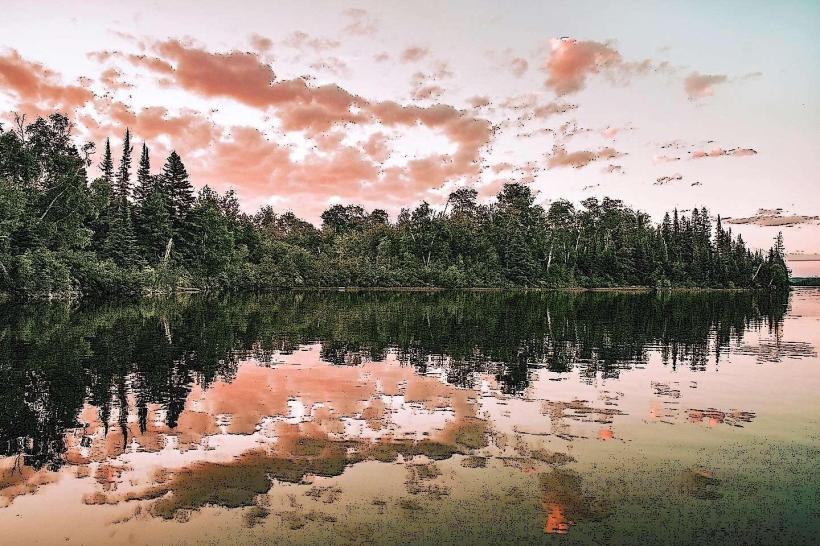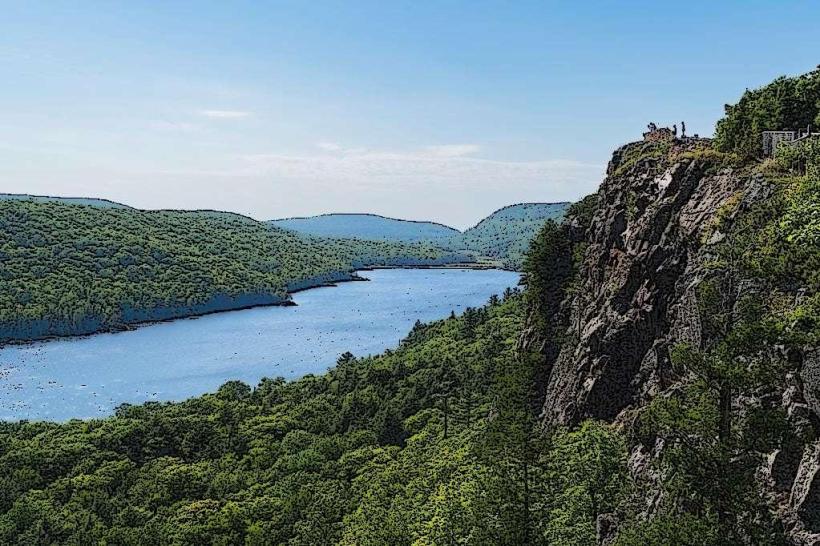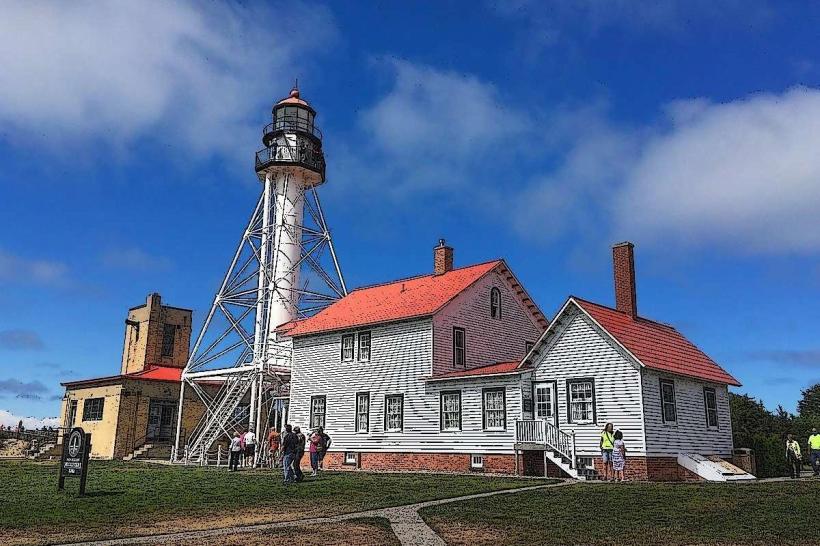Information
City: MarquetteCountry: USA Michigan
Continent: North America
Marquette, USA Michigan, North America
Marquette serves as the county seat of Marquette County and is the largest city in Michigan’s Upper Peninsula (UP). It is a major port on Lake Superior, primarily known for iron ore shipping and as the home of Northern Michigan University (NMU).
Historical Timeline
Founded in 1849 as New Worcester, it was renamed in 1850 for French Jesuit missionary Jacques Marquette. Primary governance eras include its 19th-century boom as the "Queen City of the North" following the discovery of iron ore in the nearby Marquette Iron Range. The 1855 opening of the Soo Locks allowed the city to become a global leader in iron ore exports. In the 20th century, the city transitioned into a regional center for healthcare, higher education, and specialized manufacturing.
Demographics & Population
The population is approximately 20,500, though it serves a regional trade area of over 60,000. The demographics are White (91%), Two or more races (4%), and Black or African American (1.5%). The median age is 28.9 years, significantly influenced by the NMU student population.
Urban Layout & Key Districts
The city is organized around its waterfront and the steep topography leading away from Lake Superior. Downtown (Washington Street) is the center for independent commerce and local dining. The Lower Harbor is the historic industrial waterfront, now a recreational park area. The Northside houses NMU and the "Superior Dome." The Third Street Village is a high-density corridor of student-oriented retail and cafes. Harvey is an unincorporated community to the south serving as a primary residential suburb.
Top City Landmarks
Presque Isle Park: A 323-acre forested peninsula designed by Frederick Law Olmsted.
Marquette Ore Dock: A massive, inactive concrete and steel structure in the Lower Harbor.
Superior Dome: The world's largest wooden dome, located on the NMU campus.
Marquette Maritime Museum: Housed in the historic 1891 Waterworks building.
Sugarloaf Mountain: A popular peak offering panoramic views of the city and Lake Superior.
Transportation Network
Movement is serviced by the MarTran (Marquette County Transit Authority). The city is the intersection of US-41 and M-28. Sawyer International Airport (MQT), located 30 km south, provides domestic connections. Ride-sharing via Uber and Lyft is available but can be sparse during late-night hours or extreme weather. Traffic is generally light, with occasional congestion on the "By-pass" (US-41) during shift changes at the regional hospital.
Safety & "Red Zones"
The general safety level is exceptionally high. The primary physical "red zone" is the Lake Superior shoreline during high-wind events. The "Black Rocks" at Presque Isle are popular for cliff jumping but are high-risk during "Gales of November" or whenever the lake is turbulent; drowning incidents are a recurring seasonal risk. Common scams are nearly non-existent, occasionally involving fraudulent seasonal logging or outdoor guide services.
Digital & Financial Infrastructure
Internet speeds average 200 Mbps with fiber availability via Highline and Spectrum. Main mobile carriers are Verizon and AT&T; T-Mobile coverage is present but can be inconsistent in the rugged terrain outside city limits. Card acceptance is universal. ATMs are concentrated on Washington Street and within the NMU University Center.
Climate & Air Quality
Temperatures range from -13°C to -4°C in winter and 12°C to 24°C in summer. Air quality is among the highest in the continental United States. Specific weather risks include extreme lake-effect snow (averaging 380 cm annually) and sub-zero temperatures that can persist for weeks. Lake Superior remains dangerously cold year-round ($4\text{°C}$ average).
Culture & Social Norms
The standard tipping percentage is 18–25%. A handshake is the standard greeting. Dress codes are highly casual ("UP-Practical"), often involving heavy wool or technical outdoor layers. Smoking is prohibited in all public indoor spaces. The city is culturally defined by "Sisu" (a Finnish concept of grit), outdoor endurance sports, and a deep appreciation for the "Big Lake."
Accommodation Zones
Downtown / Lower Harbor: Recommended for walking access to the ore dock, local breweries, and Lake Superior.
US-41 Corridor (West More): Recommended for national hotel chains and proximity to major retail and NMU.
Local Cost Index
1 Espresso: $4.25 (USD)
1 Standard Lunch: $15.00 (USD)
1 Beef Pasty (Local staple): $8.00 (USD)
Nearby Day Trips
Pictured Rocks National Lakeshore: Located in Munising (70 km east).
Big Bay: Remote coastal village (45 km north).
Canyon Falls: The "Grand Canyon of Michigan" (75 km west).
Ishpeming / Negaunee: Historic iron mining towns and the Ski Hall of Fame (20 km west).
Facts & Legends
Marquette is the largest city in the U.S. that averages over 100 inches of snow per year. Historically, the city’s Lower Harbor Ore Dock was used to film scenes for the 1959 film Anatomy of a Murder. A local legend involves the "Ghost of Old Orphanage," a massive sandstone building on Altamont Street where residents have reported seeing spectral lights and hearing the voices of children, a myth stemming from its early 20th-century history as a Catholic orphanage.

